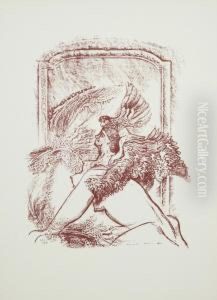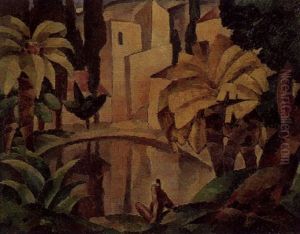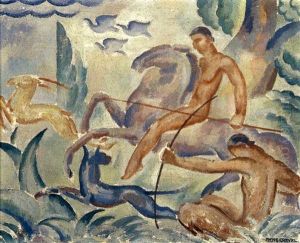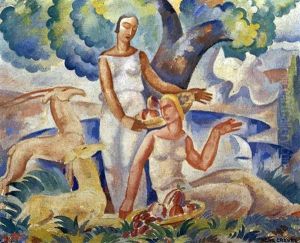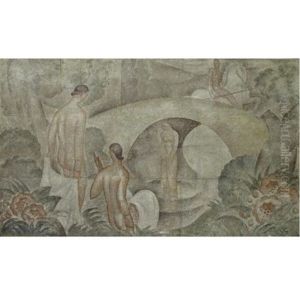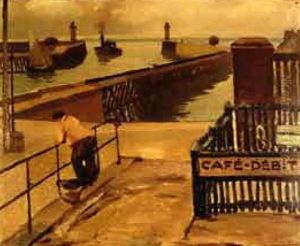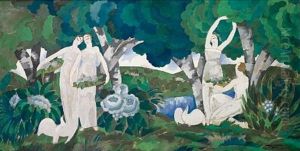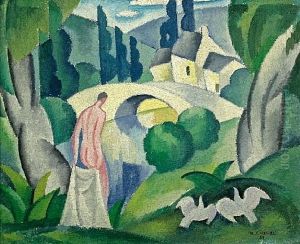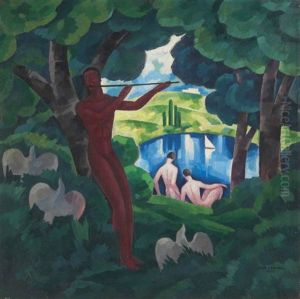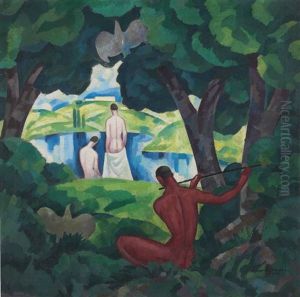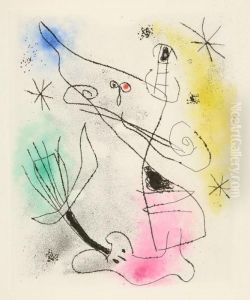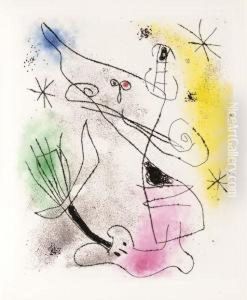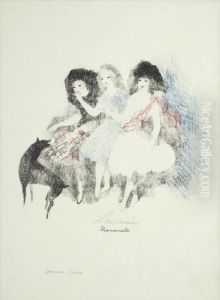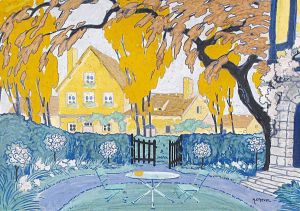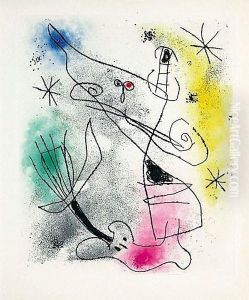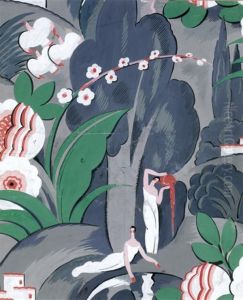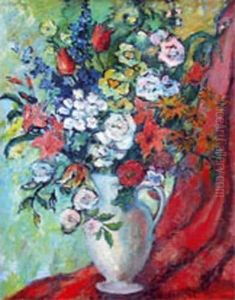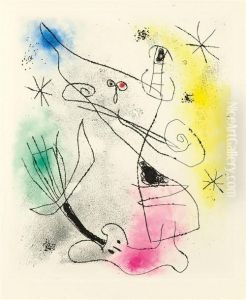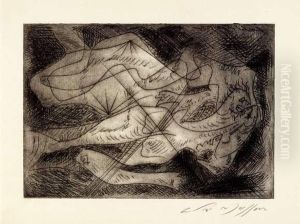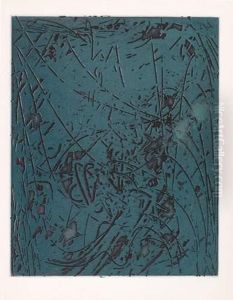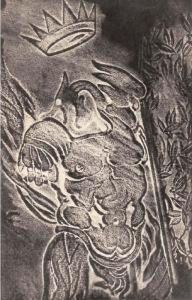Rene Crevel Paintings
René Crevel was a prominent figure in the early 20th-century French literary and artistic scene, known for his involvement in the Surrealist movement. Born on August 10, 1900, in Paris, France, Crevel was deeply influenced by the intellectual and cultural milieu of his time, which was marked by rapid social and artistic changes. His early life was shadowed by personal tragedies, including the death of his father, which profoundly affected him and shaped his outlook on life and art.
Crevel's literary career began in the early 1920s when he became associated with the Dada movement, which sought to challenge the conventions of art and literature with its embrace of absurdity and critique of traditional values. However, his association with Dada was short-lived, and he soon became a key member of the Surrealist movement, led by André Breton. Surrealism, with its emphasis on exploring the unconscious mind and bridging the gap between dreams and reality, resonated with Crevel's artistic and philosophical inclinations.
Throughout the 1920s and early 1930s, Crevel produced a body of work that included novels, essays, and poetry, characterized by its lyrical prose, exploration of sexuality and identity, and critique of bourgeois society. His works often delved into the complexities of the human psyche, drawing on his own experiences and struggles with his sexuality and mental health.
Despite his contributions to Surrealism and the broader literary landscape, Crevel's life was marked by personal struggles. His health deteriorated due to tuberculosis, and he faced ongoing conflicts with his sexual identity in a society that was largely intolerant of homosexuality. These struggles, compounded by political disillusionment with the rise of fascism in Europe, led to a profound sense of despair.
René Crevel's life came to a tragic end on June 18, 1935, when he died by suicide in Paris. His death was a loss to the Surrealist movement and the literary world. Despite his relatively brief life, Crevel's work has continued to be celebrated for its innovative style, emotional depth, and its brave confrontation of social and personal taboos. Today, he is remembered as a significant, albeit often overlooked, figure in the landscape of 20th-century literature.
